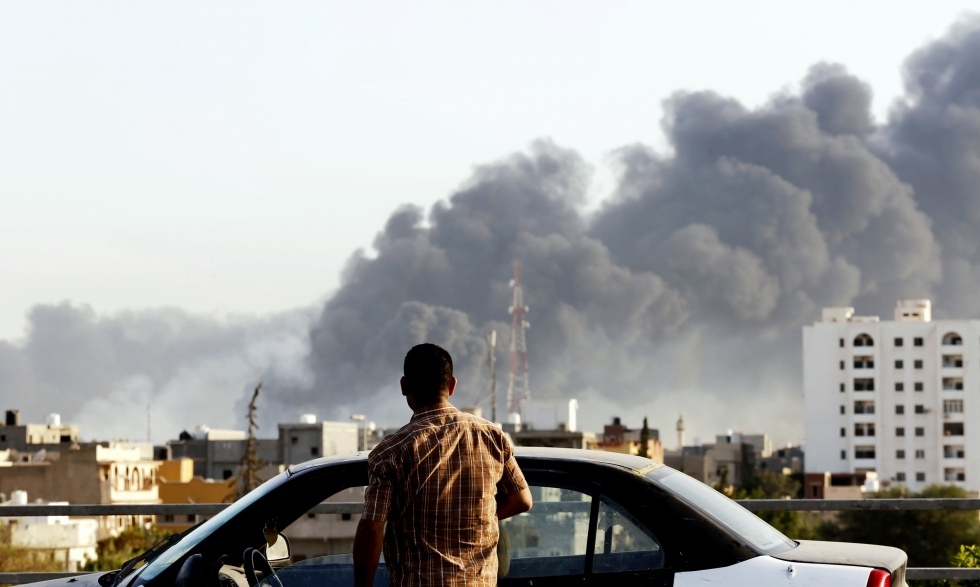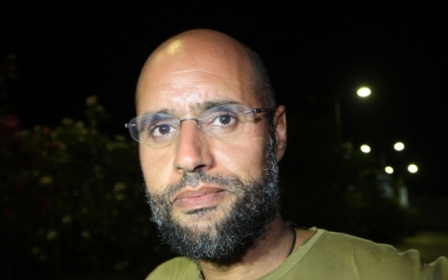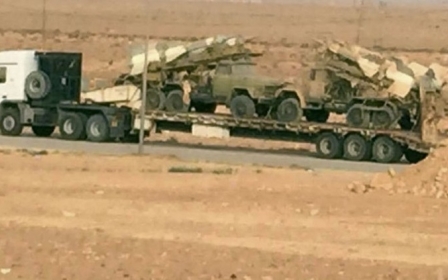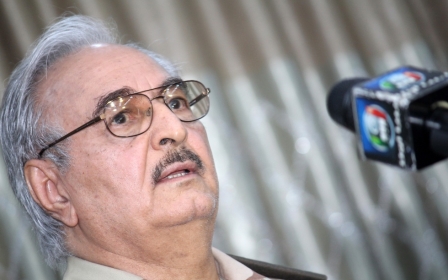EU bars Libyan airlines from Europe's skies

The European Union barred all Libyan airlines from European airspace Thursday amid fears that violent clashes between warring factions could mean the authorities can no longer guarantee the safety of their aircraft.
"Recent events in Libya have led to a situation whereby the Civil Aviation Authority is no longer able to fulfil its international obligations with regard to the safety of the Libyan aviation sector," EU Transport Commissioner Violeta Bulc said.
"My priority in aviation is passenger safety, which is non-negotiable, and we stand ready to help the Libyan aviation sector as soon as the situation on the ground will allow for this," Bulc said in a statement.
Seven Libyan companies were listed as banned, including Afriqiyah Airways, Air Libya and Libyan Airlines.
Libya is currently in the midst of a protracted civil conflict between warring cities, tribes and militias, while rival parliaments – one in Tobruk, internationally recognised, and another reconvened in Tripoli, the capital – vie for control of the oil-rich North African nation.
Thursday’s decision by the EU’s transport commissioner followed a regular review of the EU's air safety list, currently covering 21 countries and more than 300 airlines, which is meant to ensure all meet EU standards.
Another 10 airlines are allowed to fly to EU destinations, but are subject to certain restrictions.
The list covers airlines from Afghanistan, Angola, Benin, Republic of the Congo, Democratic Republic of the Congo, Djibouti, Equatorial Guinea, Eritrea, Gabon, Indonesia, Kazakhstan, Kyrgyzstan, Liberia, Libya, Mozambique, Nepal, Philippines, Sierra Leone, Sao Tome and Principe, Sudan and Zambia.
The EU’s Bulc said the review also showed that while several countries - the Philippines, Sudan, Mozambique and Zambia - had made progress in improving safety standards, their airlines could not yet be removed from the banned list.
Middle East Eye propose une couverture et une analyse indépendantes et incomparables du Moyen-Orient, de l’Afrique du Nord et d’autres régions du monde. Pour en savoir plus sur la reprise de ce contenu et les frais qui s’appliquent, veuillez remplir ce formulaire [en anglais]. Pour en savoir plus sur MEE, cliquez ici [en anglais].




